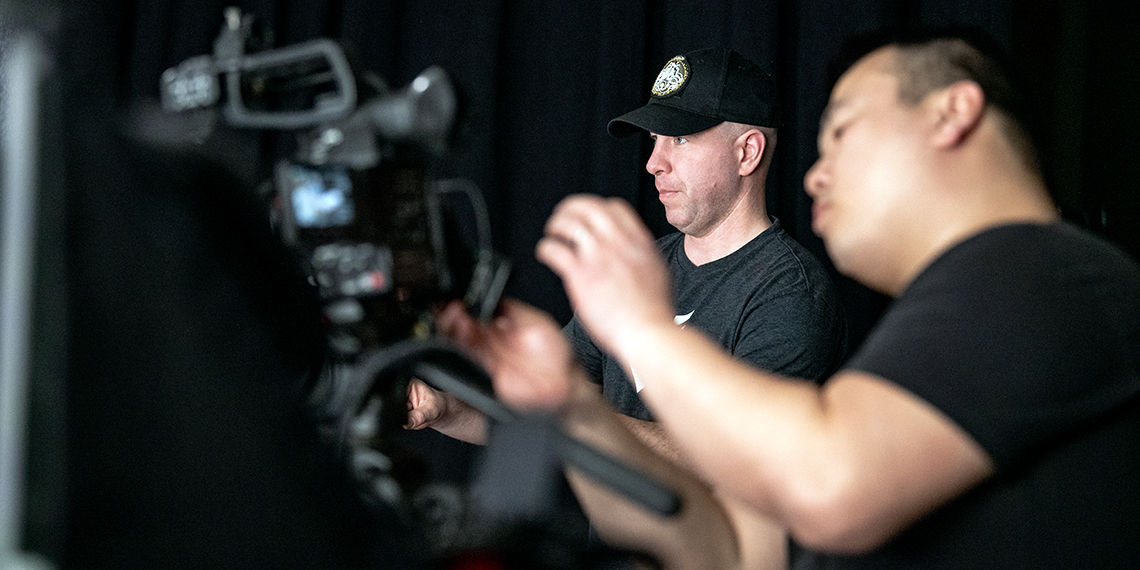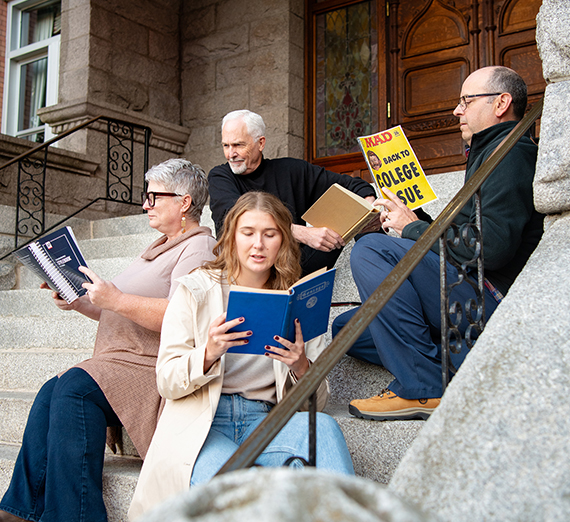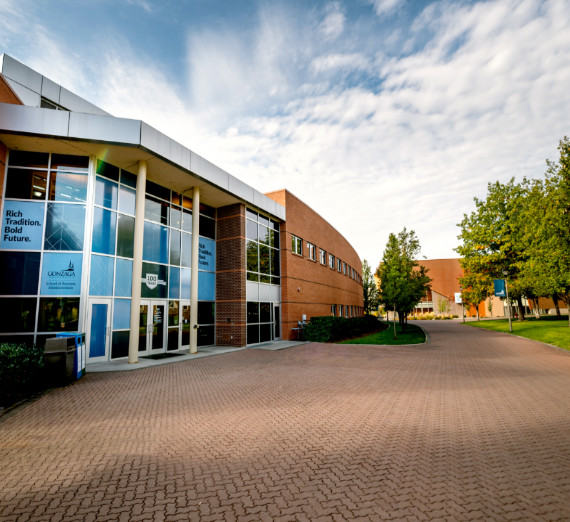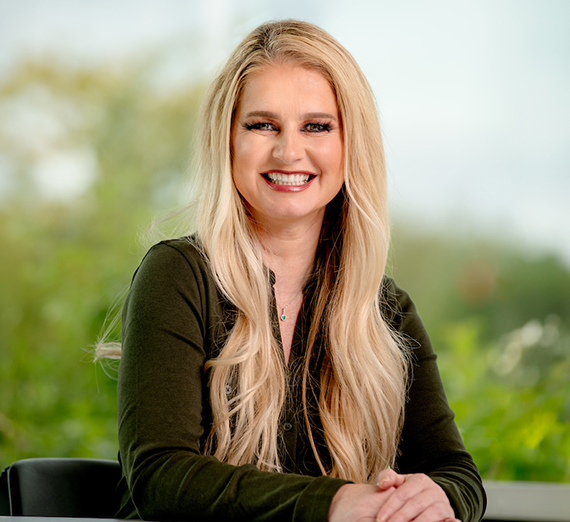Gonzaga Delivers Education in a Crisis

SPOKANE, Wash. — Facing an unprecedented moment in higher education with the escalating crisis of the coronavirus pandemic, Gonzaga University President Thayne McCulloh, D-Phil., says the University has been guided by its Catholic and Jesuit mission to focus first and foremost on care for the individual and concern for each person’s health and safety.
“That begins with our students and their families, our faculty and staff, and extends to all of our friends as well,” President McCulloh noted. “Along with our faculty and staff colleagues, our institutional leadership is working diligently to make thoughtful decisions in response to constantly shifting challenges.”
Gonzaga Provost and Senior Vice President Deena J. González, Ph.D., has been at the forefront of Herculean efforts to ensure the safe return of students called home suddenly from the Gonzaga-in-Florence study abroad program and in transitioning all undergraduate students to remote learning — all within the span of a dizzying three-week period.
“The magnitude of this situation is huge, historically and in all ways,” Provost González noted. “We have never encountered something like this in higher education, and that is accounting for things like earthquakes, fires, hurricanes, and active shooters. It is an historic moment and we need to grapple with that as well because I think it will help lessen the psychological and psychic impact.”
The care and commitment of Gonzaga’s faculty and staff during the crisis have been evident, she said.
Justin Marquis, Ph.D., Gonzaga’s director of instructional design, and the instructional design and delivery team are among the scores of dedicated Gonzaga faculty and staff who have been working night and day to support students in countless ways as the COVID-19 virus pandemic has unfolded and turned the world upside-down.
“It’s been such a whirlwind the past couple of weeks,” Marquis said from his bedroom via Zoom, a video conferencing program used along with Blackboard and Kaltura to deliver distance education. “In one week, we created 66 courses for the Florence program for more than 160 students and some two dozen faculty.”
Marquis drafted a process to provide the GIF faculty with the resources and training needed to finish the semester via remote learning. The training sessions and video tutorials covered everything from recording video lectures to making assignments, collecting and grading them, hosting discussions and collaborating in multiple ways.
The Florence faculty took part in group meetings via Zoom to become familiar with the technology. The intensive cross-continent virtual training continued for the following week as IDD enlisted more people across the main campus to assist. IDD staff members Lindsay Bailey, Clement Lye, Stephen May, Zach Padilla, Jim Ryan, Fernanda Valencia, and Jason Varnado, associate director for Disability Access Services, among others, followed through with early morning one-on-one meetings with GIF faculty. With constant care and support, the GIF classes were up and running on time.
Crisis Expands
While supporting the Florence program, a much bigger challenge loomed. Gonzaga would soon announce the public health crisis required the University to deliver distance coursework for Gonzaga undergraduate students through spring semester.
The University followed the blueprint used for the Florence program, except now for some 5,000 undergraduates.
“We put together a more robust training plan to reach 400-500 faculty quickly and effectively,” Marquis said. “We reached out again to Information Technology Support (ITS), Disability Access Services and Academic Technology Applications Support along with the Foley Library to get as many people on board as possible.”
While offering on-campus training sessions, Marquis and others compiled resources and recorded training sessions to ensure all students renewed their courses starting March 23.
On Monday, March 16 100% virtual training began for on-campus faculty, followed by one-on-one instruction, as needed, and the creation and roll-out of multiple tutorials, all contained in a Blackboard course in which all faculty were enrolled.
“Value-added” training sessions for faculty were held, including tips on how to best present themselves on camera and how to light a room. “We talk to faculty about engaging students, writing good discussion prompts to get students to think and be reflective, how to be self-aware and make good connections between the content and their lives,” Marquis said.
Others contributing to the logistical intercontinental tour de force included Florence Director Jason Houston, all the deans and numerous support staff, especially the staff of ITS and the Foley Library and outgoing CTA Director Jeff Dodd.
“So many people here have risen to the challenge,” said Marquis. “We’ll do a great job at this and then we’ll move back to what we’ve always done, hopefully with a little better understanding and capacity to do hybrid learning, and a more robust use of technology to help all students engage.”
- Academics
- Student Life
- Academic Vice President
- Information Technology Services
- Center for Global Engagement
- News Center




